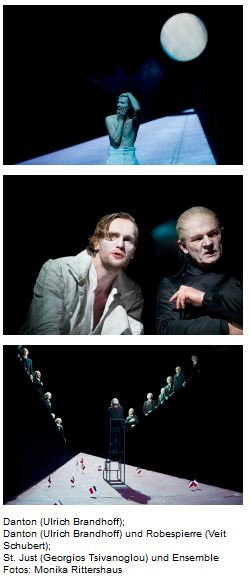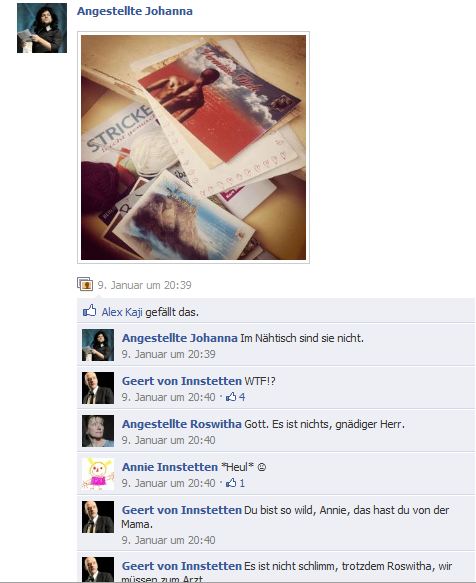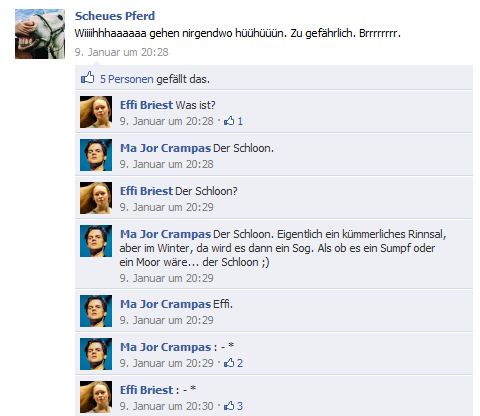Crowds cheering the guillotine, the brutal Marseillaise, French mobs, back-stabbing intrigue, and revolutionary politics...it's all here.
 |
| http://www.berliner-ensemble.de |
Last night we saw Georg Büchners play
Dantons Tod at the Berliner Ensemble.
The setting is the reign of terror of the French Revolution (
la terreur), when the violence of the Revolution gets out of control, and revolutionaries start to turn on one another and murder based on suspicion of treason.
This most famous line, "
The revolution is like Saturn, it eats its own children," refers to the way that the revolution, after guillotining off the royalty and royalists, also starts to turn on its own supporters, out of suspicion and fear.
You might wonder why it's a
German play about the French revolution. The play was written in 1835, when the ideals of the French Revolution were being hotly debated in the German lands. Other European countries were afraid that the Revolution would spread, and that the liberal ideals of "liberté, égalité, fraternité" would upset the status quo all over Europe.
Here are some good quotes from the play:
 |
http://www.berliner-ensemble.
|
"Adieu, mein Freund! Die Guillotine ist der beste Arzt."
[Adieu, my friend! The guillotine is the best doctor.]
"Die Revolution ist wie Saturn, sie frißt ihre eignen Kinder." - [The revolution is like Saturn, it eats its own children.]
"Wir haben nicht die Revolution, sondern die Revolution hat uns gemacht."
[We haven't made the revolution, but the revolution has made us.]
"Ihr wollt Brot und sie werfen euch Köpfe hin. Ihr durstet und sie machen euch das Blut der Guillotine zu lecken. " -
Danton
[You want bread, and they throw you heads. You are thirsty and they make you lick the blood of the guillotine.]
"Puppen sind wir, von unbekannten Gewalten am Draht gezogen." -Danton
[We are puppets, pulled on strings by unknown forces.]
"Wer in einer Masse, die vorwärts drängt, stehenbleibt, leistet so gut Widerstand, als trät' er ihr entgegen: er wird zertreten." -Robespierre
[Whomever stands still in a mob that is pushing forwards offers as much resistance as if he were confronting it head-on: he will be trampled.]



























